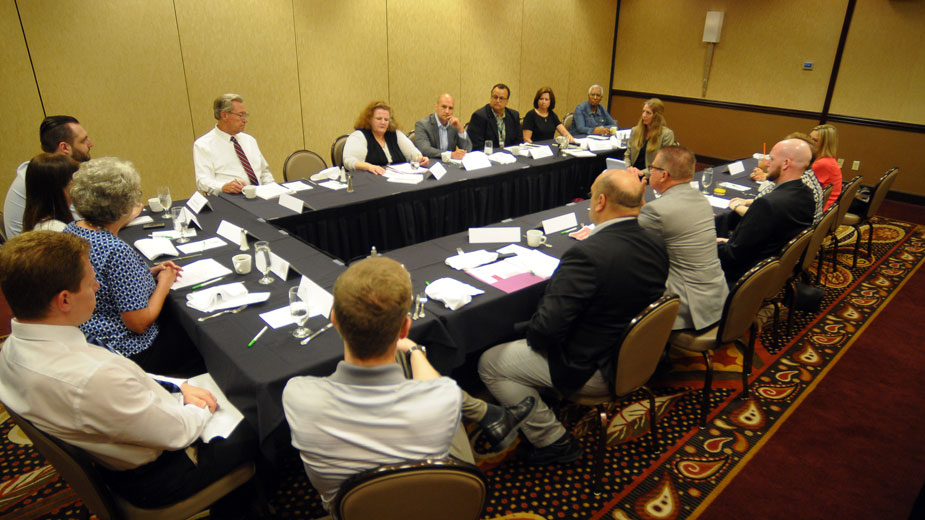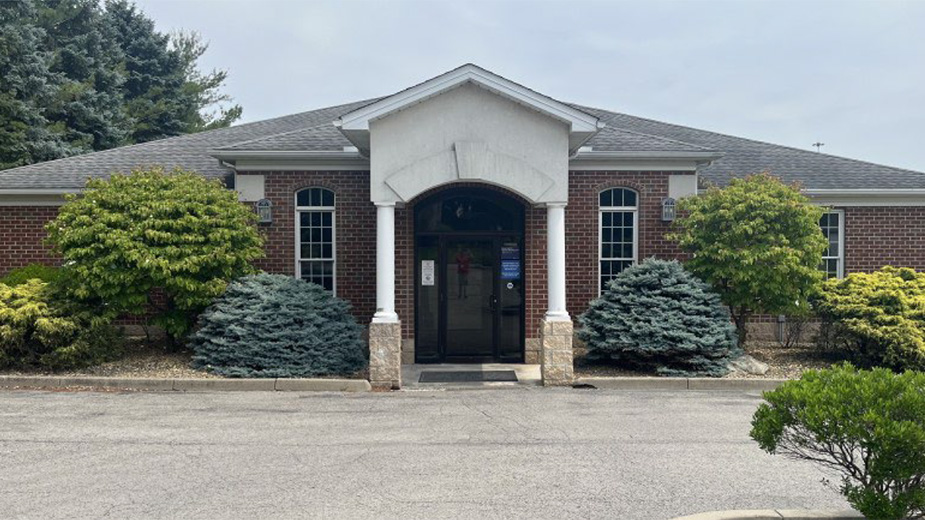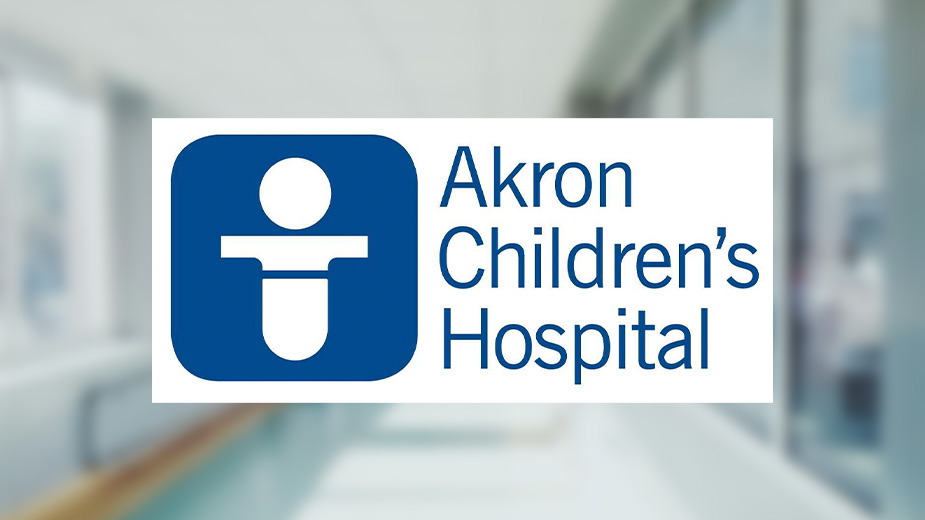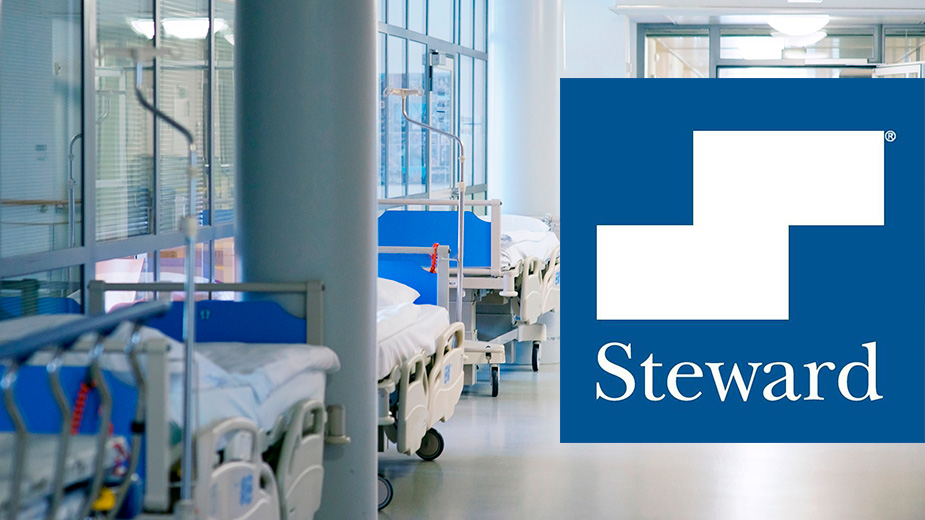Support, Collaboration Key to Treating Addiction: Roundtable
BOARDMAN, Ohio – There are many avenues to treating drug addiction, the Mahoning Valley’s care providers say, but among the options available, the work can’t stop when those in recovery walk out the door of a treatment center.
“They need family support – many don’t have it. The inability to find a job because of a felony charge,” said Mahoning County Common Pleas Judge John Durkin. “We have to educate our employers and our community that these are good people who are working a program and should have the opportunity for housing, for employment.”
To help address such issues, Durkin started the county’s drug court two decades ago. The program has a recidivism rate of around 9%, he says. Included in the drug court program is a lengthy handbook of requirements that participants must adhere to, including meetings, finding a sponsor, finding a job, working with a case manager and submitting drug tests.
“It gave me structure. That was the most important thing drug court offered,” said Daniel Pew, who is in long-term recovery from addiction. “I had counselors, case managers and other people who were going through exactly what I was to give me support every day.”
Durkin and Pew were among the participants in The Business Journal’s roundtable discussion June 25 on addiction and recovery. Also taking part were retired Judge Robert Milich; Carolyn Givens, executive director of Neil Kennedy Recovery Centers; state. Sen. Joe Schiavoni; Joe Caruso, CEO of Compass Family & Community Centers; April Caraway, executive director of Trumbull County Mental Health and Recovery Board; clinician Carol Henderson; Larry Moliterno, president and CEO of Meridian HealthCare; Brenda Heidenger, director of the Mahoning County Mental Health and Recovery Board; and Abby Crawford, addiction counselor at Progressive Counseling Center.
A transcript of the discussion will appear in the MidJuly issue of The Business Journal.
“We’re making progress, especially in dealing with the issue of overdoses. From a public policy perspective, we’ve done a lot of change regulations,” said Carolyn Givens, executive director of Neil Kennedy Recovery Centers. “Legislation has provided incentives to educate people and open up the market to greater capacity.”
Throughout the area, those involved in combating the drug crisis – it’s not limited to opiates, all agreed – are working together to address treatment.
“The northeastern section of the state, especially Youngstown, has done a fabulous job of working with each other,” she continued, noting that her organization works with Meridian, Compass, Mercy Health and the Urban Minority Alcoholism and Drug Abuse Outreach Program. “Our partnerships are everything in making sure we have good quality of care.”
Neil Kennedy Recovery Centers and Mercy Health Youngstown, she added, are working to open a regional detox center than will serve 12 counties.
“The collaboration in our community is beyond compare,” Durkin noted. “I’ve traveled across the state, I’ve been in many meetings in Columbus, and I often say how fortunate we are Valley in our to have the leadership, treatment, passion and people who truly care about individuals suffering from addiction or mental illness.”
To effectively treat drug addiction, more care is required than a stay in such a center. Setting patients on a path to recovery can also require long-term treatment, including halfway houses, group meetings and job training.
“Once they leave treatment and are an outpatient, they need somewhere safe to live,” said Carol Henderson, a clinic who operates a rehab house for women in Warren. “Most of the time, they can’t go back to their own communities because it’s not safe, not healthy for them.”
Part of the recovery process, added Meridian’s Moliterno, is rebuilding family bonds that are often strained by drug abuse.
“When we look at the recovery process, we shouldn’t just be helping them with things like education and careers, but also rebuilding their family,” he said. “I don’t know of anybody that can do well in recovery with the support of friends and family.”
And that’s where meetings call also play a role, Pew said. Being in a room with people who’ve been in your shoes, he explained, and being able to talk with them about any problems, regardless of type or magnitude, can make all the difference with recovery and serve as a support system when things start looking down.
“I tried to stop a million times, but I couldn’t. Having somebody, having a new family, around to help deal with what was going on was the game-changer,” he said. “They’ve been there. They’ve done that. They know how it is. You have the support that you never knew was out there.”
Among the biggest challenges recovery centers are facing are the constantly changing drugs of choice and funding, participants acknowledged.
“The drug of choice changes yearly. The opioid epidemic, although it stills exists, is changing. Cocaine is coming back, as is methamphetamine and high-grade marijuana,” Durkin said. “There’s always going to be individuals suffering from addiction, but the drug might change.”
And, as of the beginning of the month, how such centers are funded has changed, Moliterno said. On July 1, Ohio became a managed Medicaid state for mental health and addiction service providers
“That’s going to drastically provide how service providers provide and how we get reimbursed,” he said. “That also means that organizations are going to have be leaner and show real positive results for the work they do. For the agencies here today, we’ve been doing this for a long time and we can come together to get through this.”
Copyright 2024 The Business Journal, Youngstown, Ohio.



